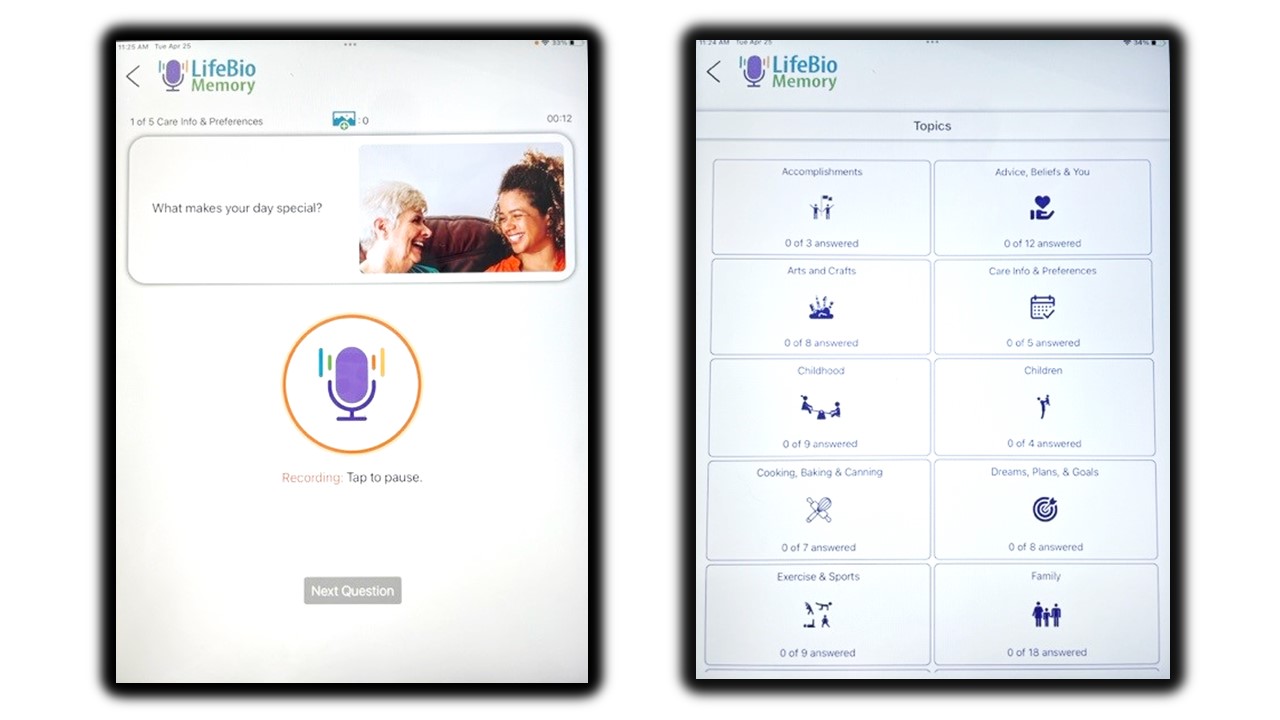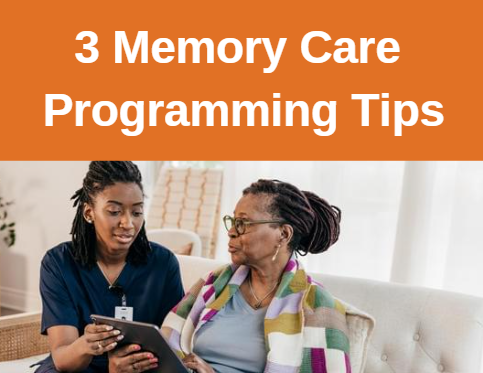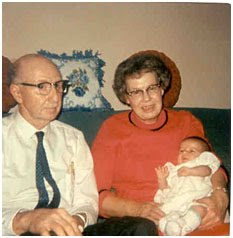Writing Your Autobiography
Have you been saying to yourself "How do I write my autobiography?" with no idea how to go about writing it? With the write template, it can actually be a very simple and fun process. Here are some ideas to get you started.
READ MORENot Telling Your Life Story- What is Lost?
We've discussed how important telling your life story is, and three things that are gained when you enjoy them with your family. But what is lost when you don't share them? What happens if your stories sit bottled up inside of you, never allowed to be shared?
READ MOREWhy Should You Tell Your Life Story?
Many people wonder why they should tell their life story. Just as many people don't share it at all, and make up excuses as to why they don't. "No one cares about my life story." "They think it's boring." "My children know enough about me already." The truth is, sharing your life story is very important to you and your family.
READ MOREIntergenerational Programs for Teenagers
Teens are always looking for new and exciting community service projects. Why not have them connect with the older generation by interviewing people at nursing homes, senior centers, or other places? They can learn communication skills while becoming closer to a generation that might not understand them as well as they'd like.
READ MORECreating a Memory Book for Alzheimer's Patients
Memory loss can be a challenge for you and your loved ones. Making a memory book can greatly benefit the person with memory loss, as well as their caregiver. Many Alzheimer's Association chapters recommend doing this.
READ MORELifeBio integrates with Facebook to enable sharing
LifeBio just added a new Share button that will allow the biography platform's questions and an individual's answers to be posted to Facebook. Now grandparents and parents may enjoy passing along their memories, wisdom, and values as they proceed through LifeBio's step-by-step process to create a full biography.
READ MORESaving Your Family's Stories: Why It Matters
#familyhistory #genealogy #lifestories
Volunteer programs for hospice volunteers
One of the challenges that hospices face is finding a simple to manage way of promoting engagement between #hospice #volunteers and clients. One of the best ways for people to connect is through life stories. "Tell me about your life" is such a simple but profound question to ask. However, it is sometimes difficult to answer because life is complex and there are so many aspects to cover. For those in hospice care, time is of the essence to tell the story--in his/her own words--before it may be too late. So hospice volunteers can play a vital role in asking the right questions to bring out the rich stories that older adults and really people of ages can share.
READ MOREMemory cues for Alzheimer's patients
One of the key outcomes of gathering life stories from a person with early-stage Alzheimer's Disease or the outcome of gathering life stories by interviewing a close family member to the client with Alzheimer's Disease is....having the essential memory cues to continue to connect and have meaningful conversation.
READ MOREThe Experiential Model of Care -- Gathering the Life Story is Step 1
"Nonpharmacological Interventions Key To Model"
"The essential element in making the experiential model work is transforming the mindset of the residence’s staff from a medical/institutional viewpoint to one that prioritizes building meaningful relationships with each resident and partnering with the resident in each caregiving event and activity of the day.
READ MORE


